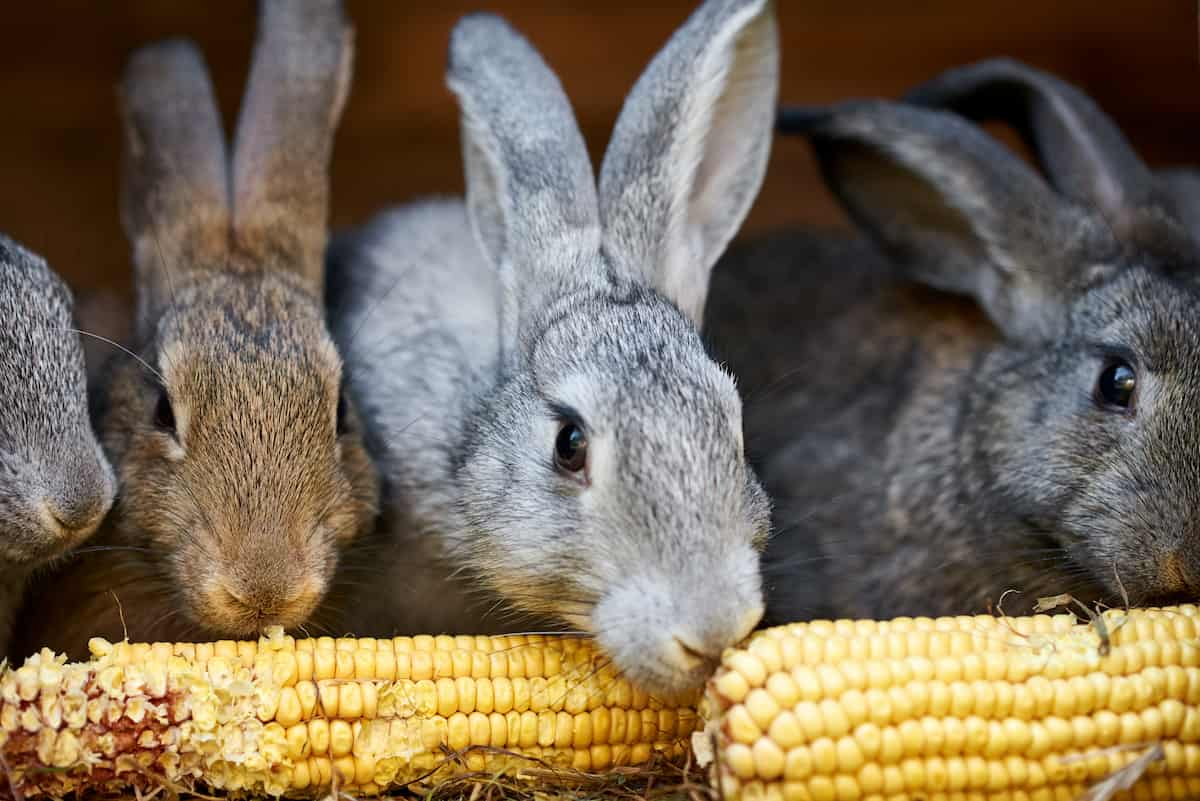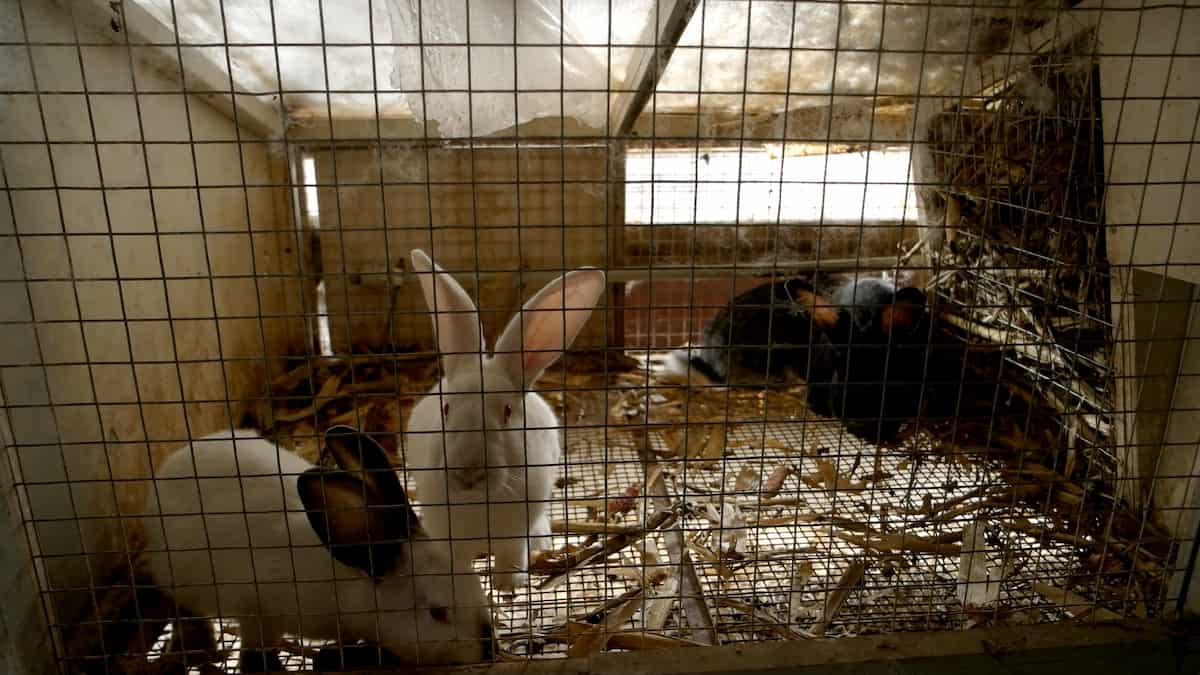Rabbit farming, also known as cuniculture, is a rewarding and profitable business venture that individuals and commercial entities can pursue. Rabbit meat is a healthy, low-fat, and high-protein food source in high demand in many parts of the world. Additionally, rabbit farming is relatively easy and inexpensive to set up and maintain, making it an excellent choice for agricultural beginners.

How to Start Rabbit Farming in 10 Steps
Conduct Market Research
Before starting a rabbit farming business, conducting market research is important to determine the demand for rabbits in your local area. This will help you determine your business idea’s viability and identify potential customers. You can also research the prices and types of rabbit products that are currently available in the market.
Develop a Business Plan
Once you have conducted market research, you can develop a business plan for your rabbit farming business. This should include your business goals, target market, pricing strategy, and marketing plan. You should also outline your budget, including the cost of purchasing rabbits, feed, equipment, and other supplies.
Determine Your Production System
There are different production systems for rabbit farming, including backyard, intensive, and semi-intensive systems. You should choose a system that suits your resources, skills, and market demand. You should also ensure that your production system meets your area’s animal welfare standards and regulations.
Choose the Right Breeds
The success of your rabbit farming business will depend on the breed of rabbits you choose. You should select breeds suitable for your production system, climate, and market demand. Some common breeds for meat production include New Zealand White, Californian, and Rex.
Set Up Your Farm
Once you have selected your production system and breeds, you can set up your rabbit farm. You must construct suitable rabbit housing that is clean, ventilated, and protected from predators. You should also ensure that your farm has an adequate water supply, feed storage, and waste management systems. Finally, you should obtain all the necessary permits and licenses for rabbit farming in your area.
Manage Your Rabbit Farm
Managing your rabbit farm involves ensuring your rabbits are healthy, well-fed, and comfortable. You should have a feeding schedule and provide your rabbits with high-quality feed that meets their nutritional requirements. You should also have a breeding plan, record-keeping system, and disease prevention program.
Breed Your Rabbits
Breeding is a critical aspect of rabbit farming as it ensures the continuous supply of rabbits for meat, fur, or pets. You should have a breeding plan that considers your rabbits’ age, health, and genetic traits. You can either breed your rabbits naturally or use artificial insemination techniques.
Care for Your Rabbits
Caring for your rabbits involves providing adequate housing, water, and medical care. You should regularly clean their cages and provide fresh water and feed. You should also monitor their health and seek veterinary care when necessary.
In case you missed it: Top 10 Rabbit Diseases: Symptoms, Causes, Prevention, and Control

Market Your Rabbit Products
To succeed in the rabbit farming business, you must market your products effectively. This involves identifying your target market, developing a brand, and promoting your products through advertising, social media, and word-of-mouth. Depending on your market demand, you can sell your rabbits as meat, fur, or pets.
Expand Your Business
As your rabbit farming business grows, you can consider expanding your operations by increasing your herd size, diversifying your products, or exploring new markets. You can also seek financing to purchase more land, equipment, or breeding stock. Finally, you should always be open to new ideas and opportunities to improve your business.
In case you missed it: Feed Management in Rabbits: Feeding Plan, Feed Formula, and Feed Requirements

Which Rabbit is Best for Farming?
Some breeds are better suited for farming than others. The most commonly raised rabbit breeds for meat production include the New Zealand White, Californian, and American Chinchilla. These breeds are known for their rapid growth, high feed conversion ratio, and meat yield.
In addition, they are docile and easy to handle, making them ideal for commercial production. Breeds should be selected for their adaptability to local conditions and usefulness for the farmer’s intended purpose (meat production, breeding, etc.). You can raise healthy, productive rabbits and create a profitable rabbit farming business with careful selection and management.
Conclusion
Additionally, marketing your products effectively and maintaining good relationships with customers and suppliers is crucial. With the right approach and dedication, rabbit farming can provide a sustainable source of income and contribute to producing healthy, high-quality food for the community.
- Feed Your Flock for Less: Top 10 Tips to Save on Chicken Feed
- Ultimate Guide to Ossabaw Island Hog: Breeding, Raising, Diet, and Care
- Hatching Answers: The Top 10 Reasons Your Chickens Aren’t Laying Eggs
- Eggs and Economics: Breaking Down the Cost of Raising Backyard Chickens
- Defend Your Greens: Proven Methods to Keep Iguanas Out of Your Garden
- Ultimate Guide to Cinnamon Queen Chicken: A Comprehensive Guide for Beginners
- Ultimate Guide to California Tan Chicken: Breeding, Raising, Diet, Egg-Production and Care
- Ultimate Guide to Marsh Daisy Chicken: Breeding, Raising, Diet, and Care
- 10 Types of Chicken Farming Businesses You Can Start for Profits